One week after Bulgaria introduced a special tax on Russian gas transiting through its territory to Hungary, among other states, and while both countries just commemorated Bulgarian-Hungarian Friendship Day on October 19, the joint action against Sofia set in the sights of Belgrade and Budapest has further sharpened the differences between Bulgaria's head of state and prime minister and the right-wing and neoliberal press outlets. President Rumen Radev has sharply criticized the neoliberal Denkov government for trampling on European norms and already sealed treaties, not only within the country but also outside, and for interfering in the sovereign decisions of other countries.
This, too, was brilliantly thought up. What kind of European solidarity and European integration are those in government talking about when they attack a country that is a fellow member of the EU, and our ally and partner in both NATO and the EU? A country with which we have strong, deep cultural and historical ties and which is one of the main investors in our country,
commented President Radev, also pointing out that apart from Hungary, Serbia is also affected by the new tariff.
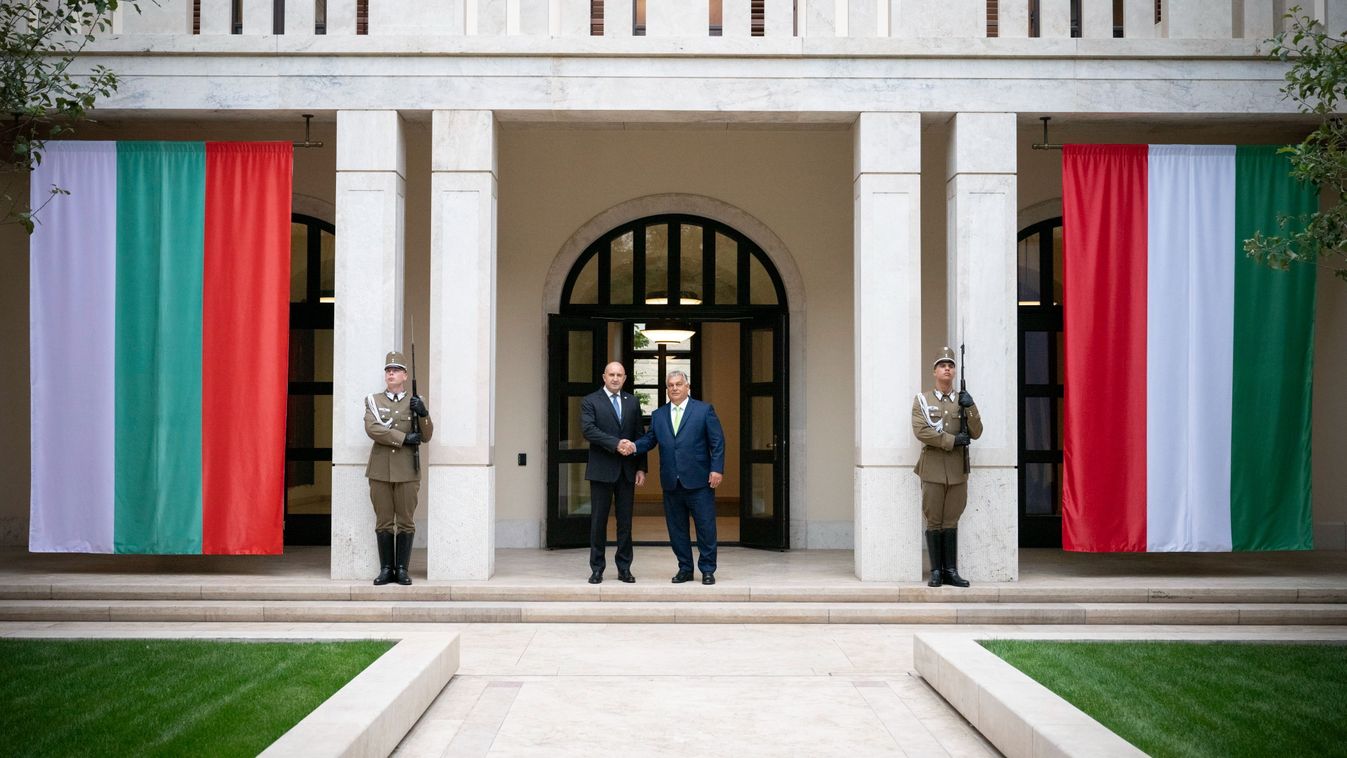
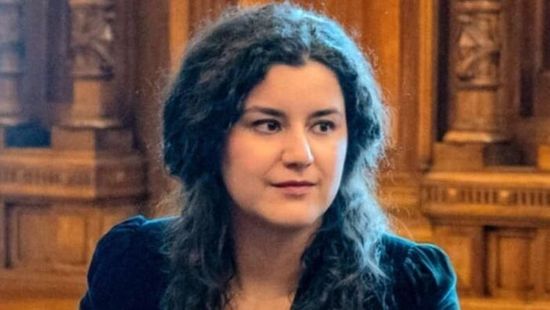
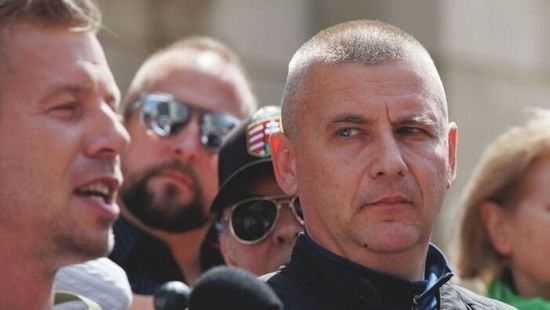
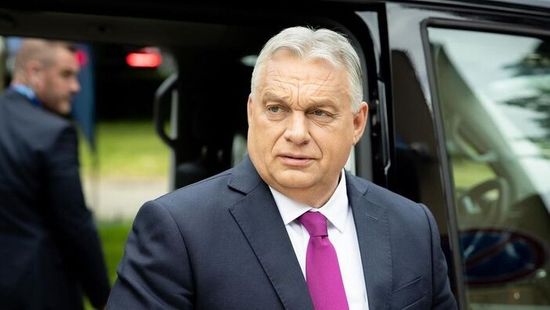
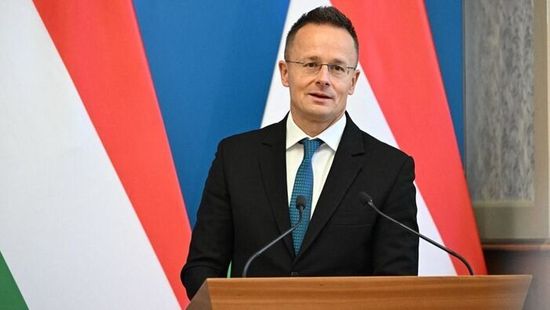

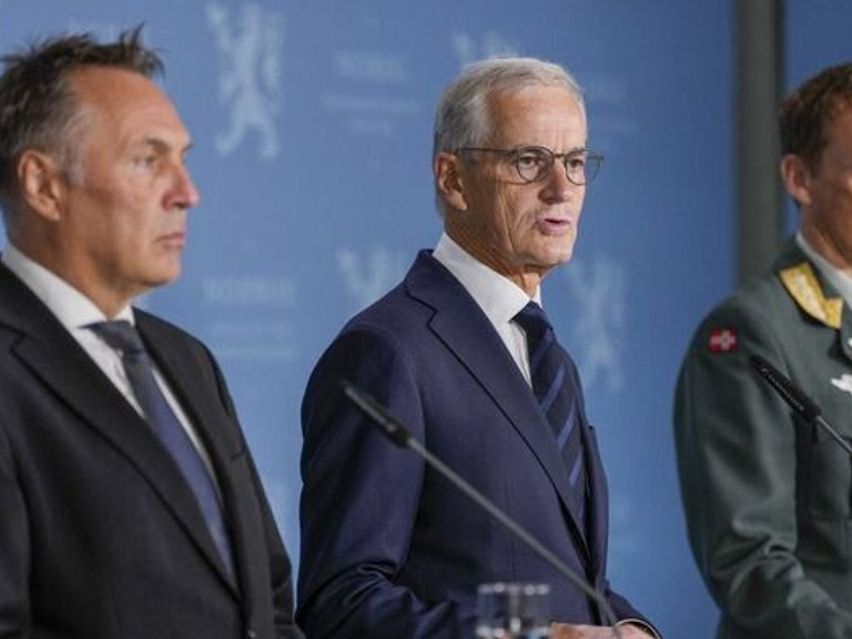

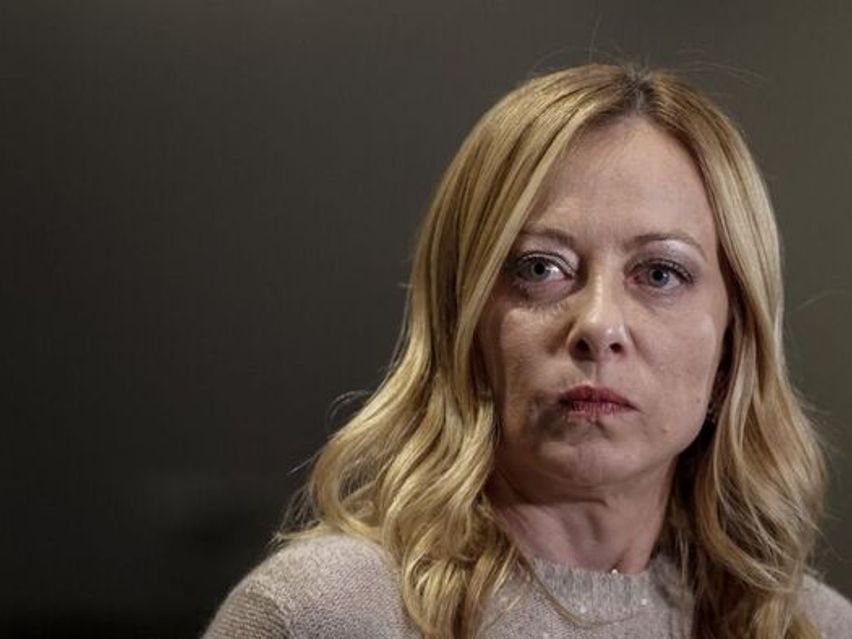


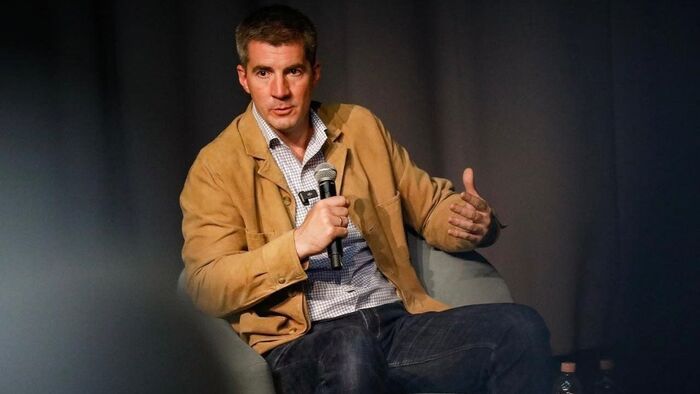


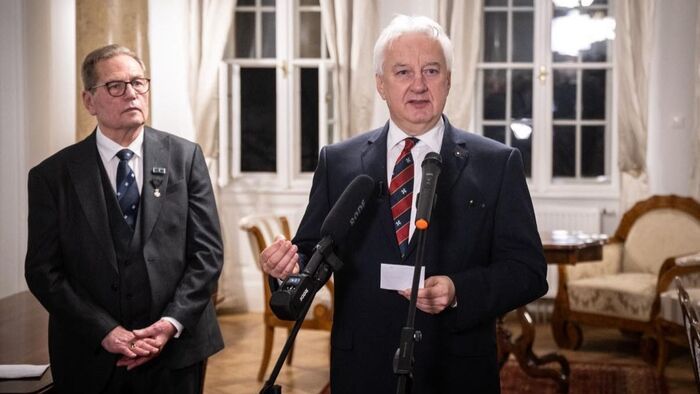
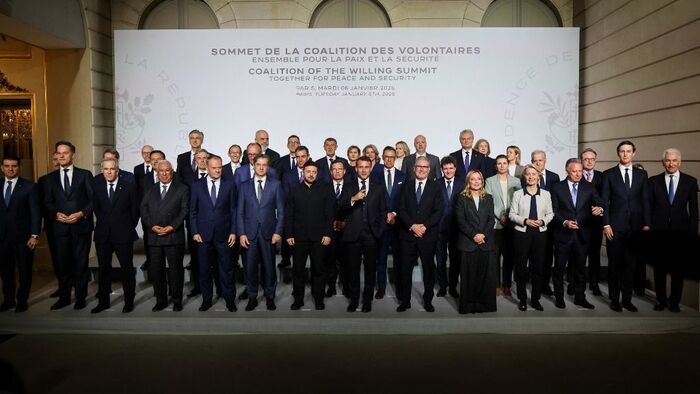
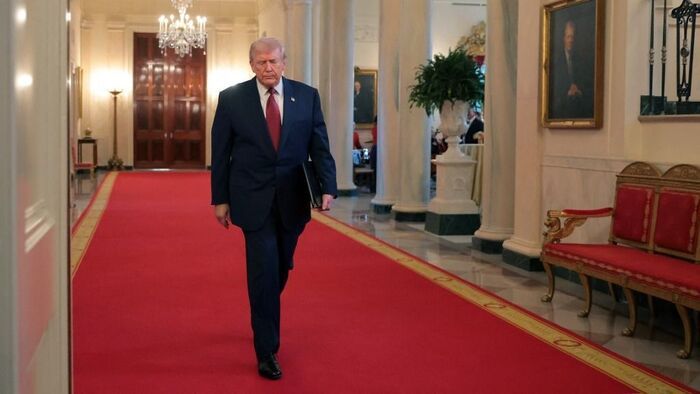
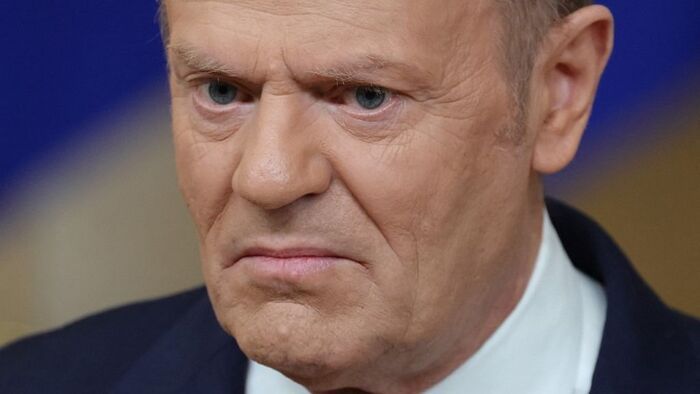





Szóljon hozzá!
Jelenleg csak a hozzászólások egy kis részét látja. Hozzászóláshoz és a további kommentek megtekintéséhez lépjen be, vagy regisztráljon!